Do Donkeys Protect Cows – Introduction
In the realm of livestock management, farmers constantly seek innovative approaches to protect their herds and ensure their well-being. While traditional methods like fencing and guard dogs have long been employed, there is a growing recognition of the effectiveness of donkeys as guardians for cows. This unconventional yet increasingly popular practice stems from the unique qualities and natural instincts of donkeys, making them formidable protectors in the field. In this article, we delve deeper into the role of donkeys as guardians for cows, exploring their innate characteristics, integration into herd dynamics, and contributions to predator deterrence.


The Nature of Donkeys:
Donkeys, known for their strong sense of loyalty and protective instincts, possess innate qualities that make them well-suited for guarding other animals. With a long history of serving as guardians for sheep and goats, donkeys exhibit a keen awareness of their surroundings and a natural inclination to protect their charges. Their territorial behavior and loud braying serve as effective deterrents to potential threats, alerting both the herd and the farmer to any signs of danger.
Establishing Guardian Roles:
When introduced into a herd of cows, donkeys quickly establish themselves as dominant members, assuming the role of protector and overseer. They form strong bonds with their bovine companions, patrolling the perimeter of the grazing area and keeping a watchful eye on the herd. Donkeys are known to exhibit protective behavior towards calves, intervening to ward off predators or intruders and herding the cows to safety if necessary.
Predator Deterrence:
One of the primary advantages of using donkeys as guardians for cows is their ability to deter predators through intimidation and assertive behavior. Donkeys, with their imposing size and assertive demeanor, instill fear in many would-be attackers, including coyotes, dogs, and even larger predators like wolves or mountain lions. Their loud braying serves as a warning signal to potential threats, often dissuading predators from approaching the herd altogether.
Low-Maintenance Guardians:
In addition to their protective instincts, donkeys are relatively low-maintenance animals, requiring minimal care and resources compared to traditional livestock guardian breeds like livestock guardian dogs. They are well-adapted to various climates and terrain, making them suitable for a wide range of environments. Donkeys also have a long lifespan, providing years of reliable service as guardians for cows with minimal investment in upkeep and training.
Integration and Socialization:
Introducing a donkey into a herd of cows requires careful consideration and gradual integration to ensure successful bonding and acceptance. Ideally, donkeys should be introduced to the herd at a young age, allowing them to form bonds with the cows early on. Proper socialization and positive reinforcement techniques can help facilitate the integration process, encouraging harmonious relationships within the herd and fostering mutual trust between the animals.
Donkeys protect livestock from wolves at Michigan cattle farm: https://m.youtube.com/watch?v=Gt6PUeDaSCs&pp=ygUXRG8gRG9ua2V5cyBQcm90ZWN0IENvd3M%3D
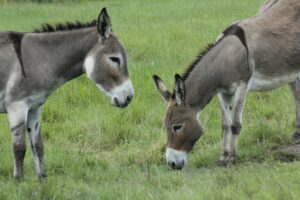

Conclusion:
Donkeys offer a trusted solution for livestock protection, particularly when it comes to guarding cows against predators and other potential threats. Their innate characteristics, including loyalty, vigilance, and assertiveness, make them well-suited for the role of guardian in the field. By leveraging the unique attributes of donkeys, farmers can enhance the safety and security of their livestock operations while promoting peace of mind and well-being for both the herd and the farmer alike.
In conclusion, donkeys have proven themselves to be effective guardians for cows, offering protection against predators and other potential threats through their innate instincts and assertive behavior. Their role in safeguarding the herd extends beyond mere deterrence, as they form strong bonds with their bovine companions and actively intervene to ensure their safety. By integrating donkeys into their livestock operations, farmers can enhance the security and well-being of their cows while minimizing the need for costly and labor-intensive protective measures. As a low-maintenance and reliable solution for livestock protection, donkeys exemplify the symbiotic relationship between humans and animals in agricultural settings, contributing to the sustainability and success of modern farming practices.
More Links:
Do Donkeys Keep Coyotes Away? Let’s Find Out: https://animfarm.com/do-donkeys-keep-coyotes-away/?amp=1
How many Cattle Farms are in the United States? Decreasing Cow Population in the U.S. in 2023: https://animfarm.com/how-many-cattle-farms-are-in-the-united-states/?amp=1
unbelievable 03 Types Of Cows: https://animfarm.com/unbelievable-03-types-of-cows/?amp=1
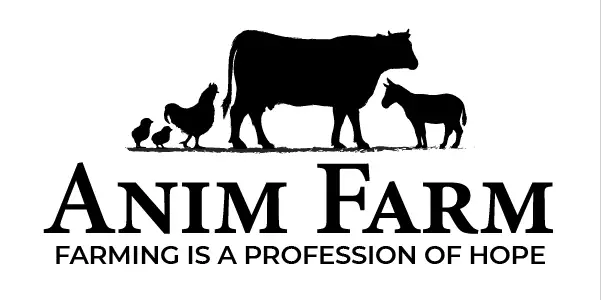
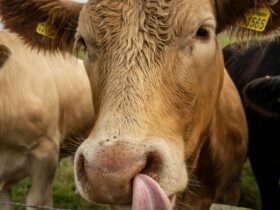
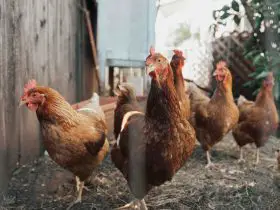
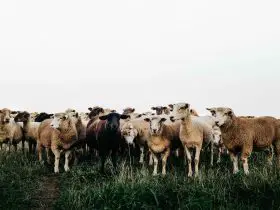
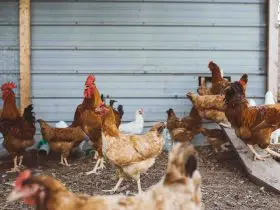
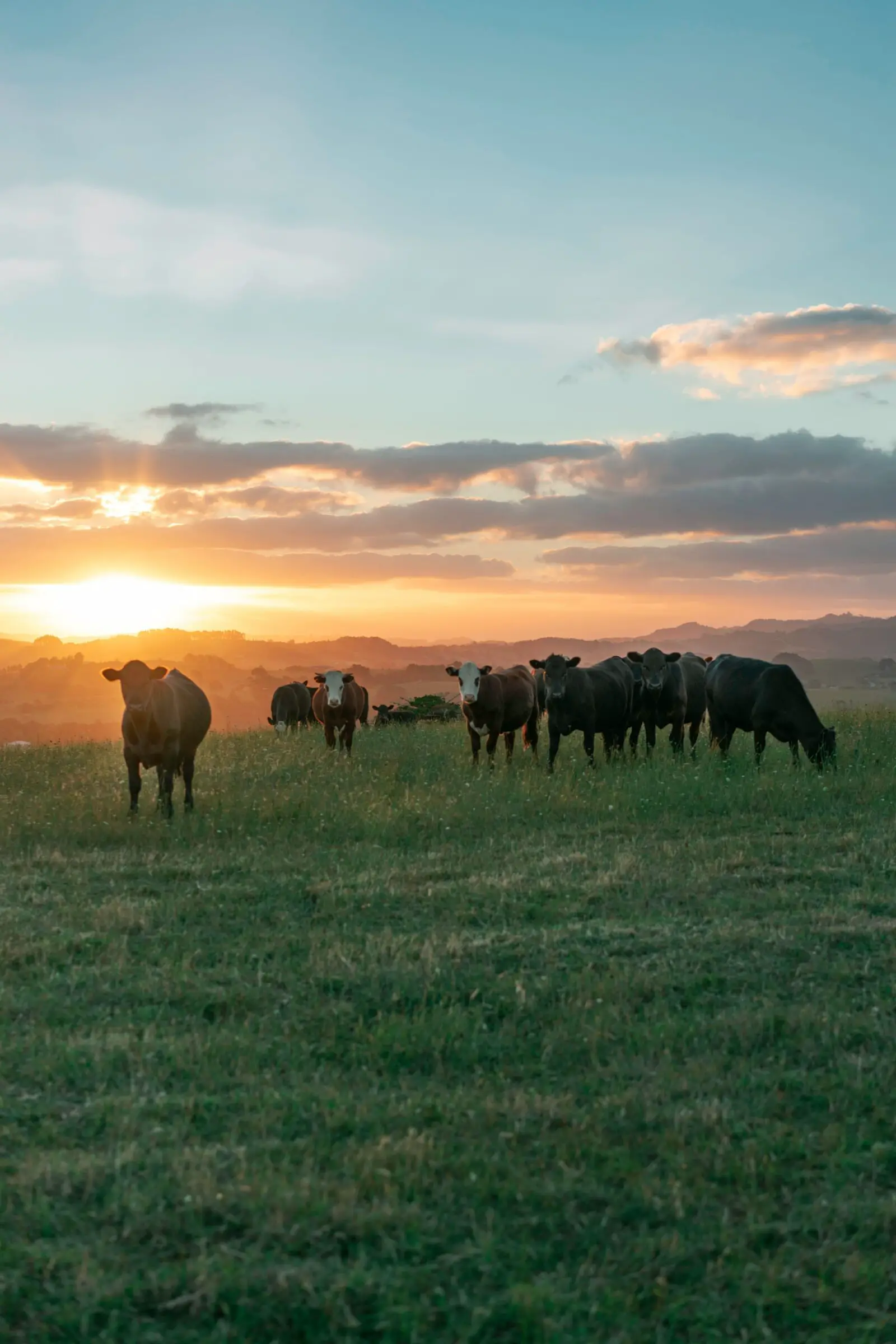
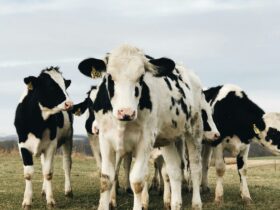
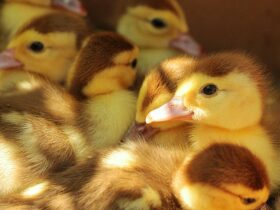
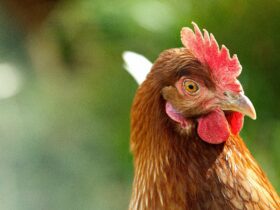

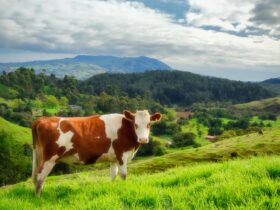

Hello!! Welcome to Anim Farm